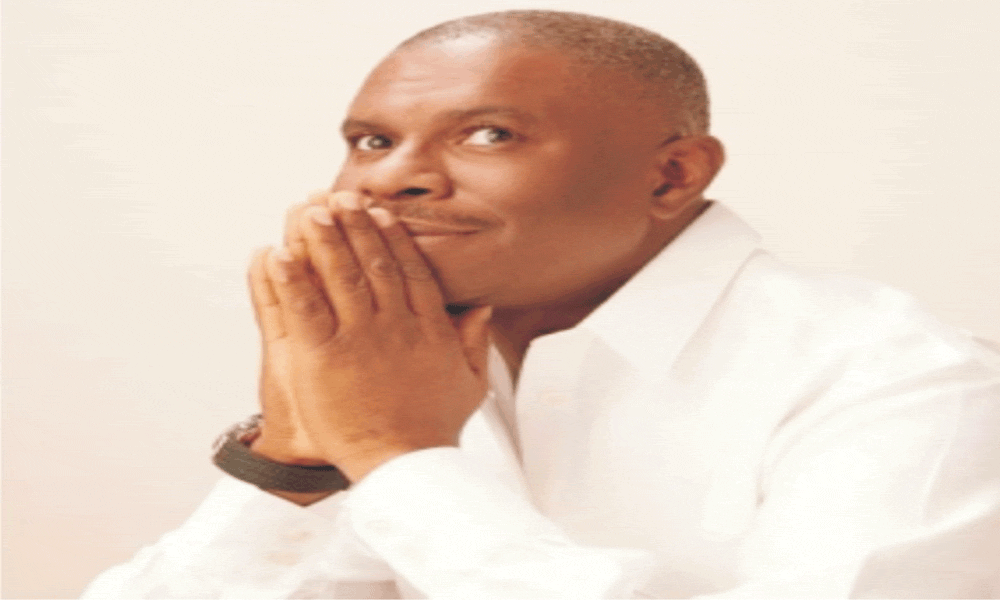Rape, A Violation Of Woman Rights
Rape is a type of sexual assault usually involving sexual intercourse or other forms of sexual penetration carried out against a person without the victim’s consent. The act may be carried out by physical force, coercion, abuse of authority, or against a person who is incapable of giving valid consent, such as one who is unconscious, incapacitated, has an intellectual disability or is below the legal age of consent.
Though the term rape is sometimes used interchangeably with the term sexual assault, the rate of reporting, prosecution and conviction for rape offenders especially in Nigeria can be described as poor. This underreporting and under prosecution may not be unconnected with the increase in rape cases as witnessed lately.
Unfortunately, rape including all other forms of sexual violence, is primarily committed by males against females. Unlike in the past when rape by strangers is usually less common than rape by people the victim knows, in recent times, rape is more common with the people the victim knows and worse still those the victim should ordinarily trust for protection and guidiance. Instances where teenage girls and under aged girls were molested by their uncles, brothers, cousins, neighbours and even fathers abound. This of course accounts for why holidaying with relatives which hitherto was part of our culture has become a risk many parents cannot afford to take with their daughters.
This is not to say that males cannot be sexually assaulted by the females or even their fellow males as cases of male-on-male and female-on-female rapes have become common in recent time.
Irrespective of the sex of the perpetrator or the victim, rape is a crime against humanity and therefore should attract stiffer penalties like castration alongside other punishments including reasonable fines capable of rehabilitating rape victims.
Effects of rape on the victims are so overwhelming leaving them traumatized and also make them develop posttraumatic stress disorder. Serious injuries can result from the act along with the risk of pregnancy and sexually transmitted infections. Most times they face violence or threats from their rapists, and, even stigma from the society. The worst of it all is that the society including the victim’s family and relations blame the woman or girl child for being raped. Now in the face of all these no thanks to our unfair gender insensitive cultures, for sucour the issue of who the victim turns to becomes a big problem.
Rape which is usually caused by unbridled sexual desire and a pathological assertion of power over a victim has not been able to receive a commensurate punishment by it’s perpetrators due to inability of victims to speak out when raped. More so, most families, for fear of stigma, decide to sweep rape cases under the carpet especially when rapist is related to the victim. Cases of mothers covering up their husbands ills of defiling their daughters abound.
In many rape trials, the guilt or innocence of the accused hinges on whether or not the victim consented to sexual intercourse. The determination of consent often can lead to distressing cross-examinations of rape victims in court. As a result, many rape victims choose not to report the crime to the police or refuse to press charges against their assailants. According to the Publicity Secretary of International Federation of Women Lawyers ( FIDA), Rivers State chapter, Stepanie Ekpebulu Harry, fewer than one-third of rapes in the country are reported to police, and about half of all rape victims do not discuss the incident with anyone. Even when brought to trial, those charged with rape have a higher-than-average rate of acquittal, mainly because it is difficult to prove a crime for which there are usually no third-party witnesses and because the testimony of women often may be given less credence than that of men which I have always seen as gender violence.
Rape is both underreported and underprosecuted no thanks to rape shield laws. In pretending to protect women from humiliating cross-examination, many jurisdictions have adopted rape shield laws, which limit the ability of the defendant’s counsel to introduce the accuser’s sexual history as evidence.
The psychological motivations of rapists are more complex than was formerly thought. They may include the desire to punish, to gain revenge, to cause pain, to prove sexual prowess, to fight inferiority complex or insecurity and to control through fear. The psychological reactions of victims of rape also vary but usually include feelings of shame, humiliation, confusion, fear, and rage. Victims often report a feeling of perpetual defilement, inability to feel clean, an overwhelming sense of vulnerability, and a paralyzing feeling of lack of control over their lives.
Many are haunted by fear of the place in which the crime occurred, or of being followed, or of all sexual relationships. Others experience long-term disruption of sleep or eating patterns or inability to function well at work. The duration of the psychological trauma varies from individual to individual; many feel the effects for years, even with considerable supportive therapy. In view of the great psychological harm it causes, many psychologists regard rape as a form of torture—a permanent mutilation of an individual’s life. In addition to these psychological effects, in some societies, victims of rape face the danger of ostracism or even suicide. While some victims go as far as suffering life time depression , some develop strong hatred for the opposite sex which ultimately affects their marital lives negatively.
The legal definition of rape has changed substantially since the late 20th century. The traditional definition was narrow with respect to both gender and age; rape was seen as an act of sexual intercourse by a man with a woman against her will. Now, a rapist or a victim may be an adult or a child of either gender.
There is also an increasing tendency to treat as rape an act of sexual intercourse by a husband with his wife against her will and to consider forced prostitution and sexual slavery as forms of rape. This is because a woman has the exclusive right to her body and the issue of consent is considered sacred as ”NO SHOULD BE SEEN AS NO” in all times and situations.
Rape should not be explained or excused by our cultural provisions, racial or ethnic beliefs, and gender disposition or as stemming from a patriarchal system in which women are viewed as the property of men. Whatever its origins, rape is a serious crime and should be treated as a felony .
There is therefore serious need to as much as possible flatten the curve of this ravaging ill called Rape in our society by all and sundry. Describing it as a Pandemic, the Nigeria Association of Women Journalists (NAWOJ), Rivers Chapter has advocated stiffer penalties for rapists as well as faithful implementation of extant laws.
The NAWOJ chairperson, Mrs Lilian Okonkwo Ogabu, who noted with dismay the recent resolution of the House of Representatives against a motion seeking castration as punishment for rapists stated that Violence Against Persons Prohibition Act(VAPP), and other legal frameworks like Criminal Code, Child Rights Act, that ought to bring perpetrators of violence against women and girls, particularly rape to book have not achieved much in terms of ensuring justice due to weak institutions, poor enforcement, poverty and stereotype social practices.
On her own part, the Publicity Secretary of International Federation of Women Lawyers, FIDA, Rivers State, Stephanie Ekpebulu Harry, has called for establishment of training centres where girls would be trained on self-defence in the fase of rape and boys educated on how to treat girls so as to reduce incidence of rape cases in our society.
Bar. Stephanie who acknowledged that rape cases are on the increase despite sensitizations from different quarters, opined that drastic steps be taken in order to reduce the cases.
She warned against blaming and stigmatization of rape victims while calling for establishment of rehabilitation centres for offenders.
”Those who make such comments like ‘what did she go there to do?’,’ Why was she wearing that cloth?’, should be made to go for reorientation and rehabilitation to make them understand what the girl child is all about”, she noted.
Also, the Executive Director Mater Dei Girls Centre, Dr. Doris Onyeneke, while condemning the rate of increase in rape cases across the country stressed the need for everyone with the knowledge of rape to speak out.
She pointed out that castration which according to her does not stop erection should be part of the punishment for rape offenders, adding that it would serve as a deterrent alongside other punishments.
Until Rape is seen as a violation of Women and Girls’ Rights, the purpose of the Violence Against Persons Prohibition Act and Laws as passed by the National Assembly and various State Legislatures in Nigeria as well as other legal frameworks with the sole aim of bringing to justice perpetrators of all forms of violence against women and girls will remain defeated.



